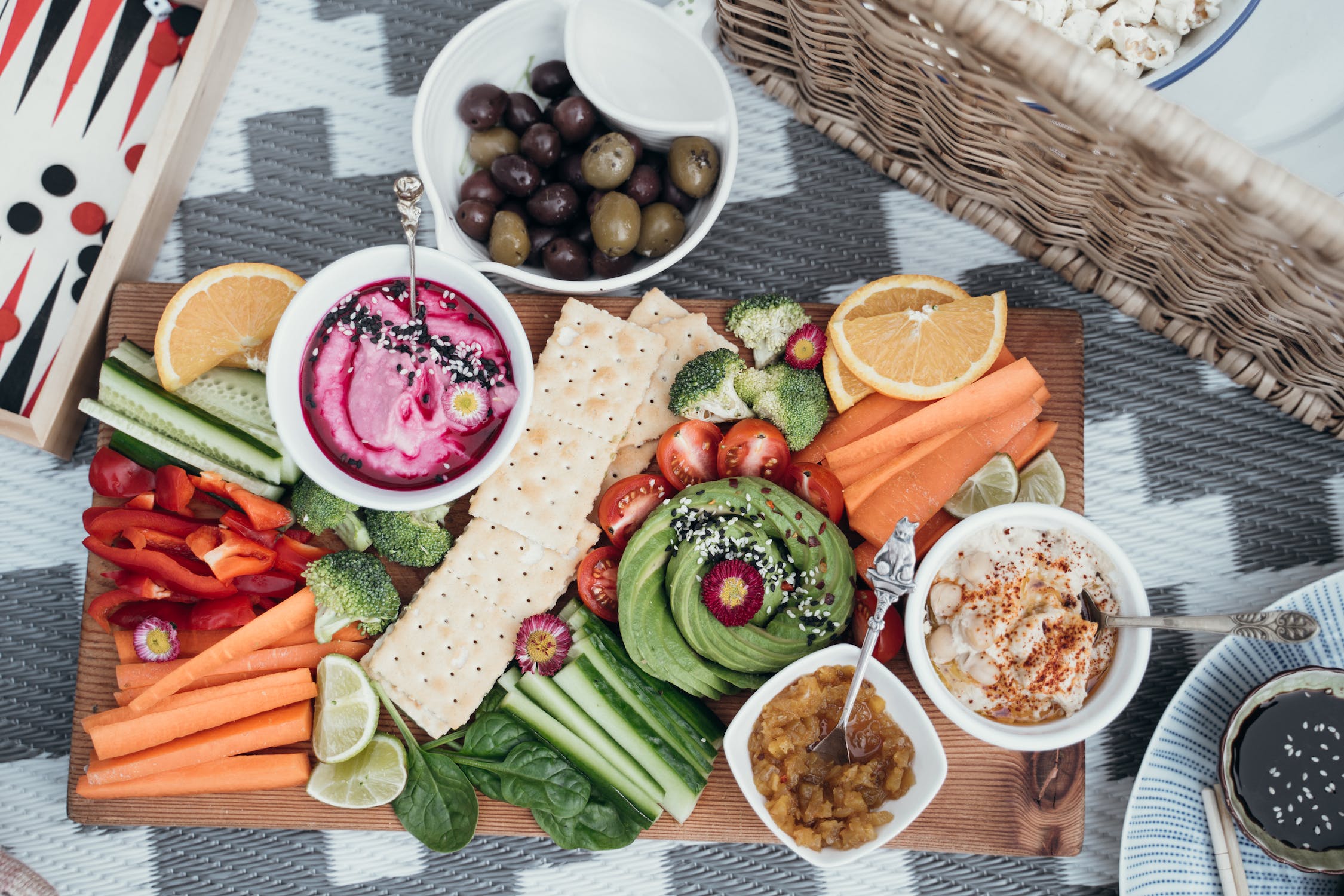8 Easy Changes You Can Make in Your Diet to Get Healthier

Living a healthy lifestyle can seem overwhelming, especially when it comes to making changes to your diet. With so much information available, it’s hard to know where to start. However, making just a few simple changes can go a long way in improving your overall health. In this blog post, you’ll learn eight easy changes you can make in your diet to get healthier.
Many people strive to be healthier. There is a lot of information out there about the importance of healthy living, which range from preventing certain diseases to living a longer and happier life. But in the age of consumerism, there is so much food out there to tempt us. And as much as we’d like to make healthier choices, it can be tricky to stick to a healthier diet in reality.
So what easy changes can you make to your diet to get on a healthier track?
1. Switch to Whole Grains
One of the easiest changes you can make in your diet is to switch to whole grains. Whole grains are packed with nutrients, fiber, and vitamins that are essential for a healthy diet. These include brown rice, quinoa, whole wheat, and oats, amongst others. Whole grain foods are less processed and contain more fiber, which helps keep you fuller for longer, reducing the chances of overeating or snacking in between meals. Start by swapping your white bread for whole grain bread, white rice for brown rice, or refined pasta for whole wheat pasta.
2. Go Plant Based
If you’re looking to reduce the amount of animal products in your diet, then going plant based is a great way to do so. Plant based diets consist of foods that are derived from plants, such as fruits, vegetables, whole grains, nuts, and legumes. These plant based foods are high in fiber, vitamins, and minerals, as well as being low in saturated fat. Research has also shown that plant based diets are associated with improved health outcomes, including a lower risk of heart disease and obesity. Whole food plant based diets ultimately reduces overall consumption of meat, which is good for your health and the environment.
3. Include More Fruits and Vegetables
Fruits and vegetables are essential for a healthy diet as they are high in vitamins, minerals, and fiber. They are also low in calories, making them an excellent addition to your diet. Try to make at least half of your plate fruits and veggies for every meal. It’s best to eat these in their natural form, but if you do need to cook them, aim to steam or roast them to retain their nutrients. Try adding some fresh berries to your breakfast, make a salad as a side for lunch or dinner, or have a fruit salad as a healthy dessert.
4. Cut Down on Sugary Drinks
Drinks like soda, energy drinks, and fruit juices are high in sugar and calories, leading to weight gain and other health issues. Swapping these drinks for water, infused water, or unsweetened drinks is an easy way to make a significant change in your diet. Water is essential for staying hydrated, flushing out toxins and keeping your skin glowing. If you need something flavored, try adding some fruit to your water to make it more enjoyable.
5. Reduce Your Salt Intake
Excessive sodium intake can lead to high blood pressure and other health issues. Salt is often added to processed foods, so checking labels and choosing low-sodium options can help reduce your intake. Start by not adding salt to your food while cooking, and instead, use herbs, spices, and vinegar to add flavor. Limiting your intake of processed foods like frozen meals, cans, and takeaways is also an excellent way to reduce your sodium intake.
6. Plan Your Meals in Advance
Planning your meals in advance helps you control your portions and make healthier choices. Knowing what you’ll eat ahead of time helps prevent unplanned meals and helps you stick to your healthy eating plan. Start by creating a meal plan for the week, including breakfast, lunch, dinner, and snacks. Ensure that your plan includes a variety of healthy foods, so you don’t get bored with your diet.
7. Choose Filling Protein Based Meals
Foods that are high in protein and fiber help keep you full for longer, reducing the chances of overeating or snacking on unhealthy food. Try adding more lean meats, fish, eggs, beans, and nuts to your diet. These foods are also high in other essential nutrients like iron, zinc, and calcium. Whether you’re a meat eater or consuming a plant based diet, there are plenty of high protein options. And if you like smoothies and supplements, there are also some high quality vegan protein powders out there that you can mix with oat or almond milk.
8. Don’t Skip Meals
Skipping meals can affect your energy levels and lead to cravings for unhealthy snacks. Eating regularly helps keep your blood sugar levels stable and prevents unhealthy cravings. Ensure that you are eating three meals a day with some healthy snacks in between, if needed. Sticking to particular meal times also helps you get into a routine and make healthier choices.
Making changes to your diet does not have to be complicated. By implementing these eight easy changes, you can make significant strides in improving your health and your overall wellbeing. Remember, making small adjustments over time can lead to a lasting and positive impact on your health. So start incorporating these changes into your diet today and experience the benefits of a healthy lifestyle.
